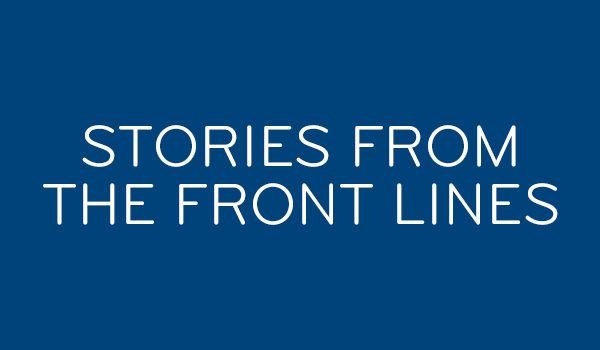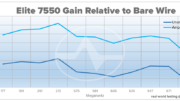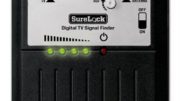At Solid Signal, we sell more antennas from more brands than anyone else. A few of them are even made in the good old USA. But honestly, most are not. Most are made in the Asia, and of course you can’t forget the excellent Televes antennas made in Spain.
When you’re dealing with international products, though, you’d think you’d have international problems. Or, to put it as this customer did,
If I buy an antenna designed for Chinese TV, will it work in America?
There’s every reason to think it will. Television broadcasting in most countries tends to use most of the same frequencies. In Europe, it’s mostly UHF, but in North America, all the frequency allocations are almost identical. So if you’re within 40-50 miles of a broadcast tower located in Canada or Mexico, you’ll probably get those stations.
The only “problem”
Really the only issue you’ll see is that most antennas designed for international use will receive broadcasts up to 850MHz. That’s all the way up in the cellular band in the US, although other countries still use those frequencies for television. Some antennas, like our Televes line, feature filtering for frequencies over 700MHz, but as I write this no antenna is actively filtering the 600MHz band which is used for 5G.
The truth is, this hasn’t ended up being the problem that we worried it might be. There are some areas where over-the-air antennas are affected by LTE broadcasts and we do have antennas that filter it. But in many cases it’s less of an issue than was expected, because the cellular broadcasts are far removed from the TV broadcasts. I hate to say it, but it looks like the FCC did something right in this case.
Is it illegal to use an antenna to get broadcasts from Canada or Mexico?
There’s nothing illegal about doing that at all. There are some regulations about broadcasts intended for the US, Canada, or Mexico, but as long as everyone obeys their laws about broadcast power, there’s nothing illegal about you as the average person picking up stations that originate in another country.
Of course you probably know that if you have family in Canada. Most Canadians live within broadcast range of at least one radio or TV station from the US, and although there are strict rules intended to keep Canadians watching Canadian pay-TV and cable, there’s nothing that could or would stop them from watching US TV. Of course they don’t count in the ratings, but you sort of have to expect that.
I’m sure that the regulating agencies of each country would just love it if there were some way to actively stop signals from crossing borders, but that’s just not the way broadcasting works. Radio frequency signals keep going until they get too weak to be detected, or until they hit something they aren’t strong enough to pass through. So unless we erect a 200 foot lead wall between us and other countries, you have to expect those foreign signals are just going to keep coming over the border. But that’s ok, everyone expects them to.
Get the antenna of your dreams from Solid Signal
We have the best selection of antennas for every need. If you know what you want, browse the great selection at Solid Signal. If you need help, just fill out this form and a real technician will review your information and suggest the best antenna for you. If you need immediate help, call 888-233-7563 during East Coast business hours.





